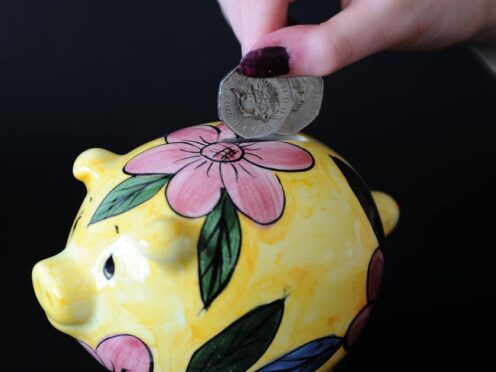More than half (54%) of parents who give pocket money to their children have increased the amount because of the rising costs of goods and services, a survey has found.
Just over three-quarters (76%) of parents give pocket money, according to the survey of 2,000 parents of children aged from eight to 16 years old.
The average weekly amount was put at £9.33, the survey for Virgin Money found.
When asked about why they give pocket money, 61% of parents cited the importance of their child learning about money and budgeting from a young age and 58% said they want their child to be in control of their spending and to understand the value of money.
The release of the research coincided with the launch of a new Virgin Money bank account for 11 to 17-year-olds called M Power.
Graeme Sands, head of personal banking at Virgin Money, said: “Our research found that 81% of parents want their child to save some of their allowance each week.”
Consumer Prices Index (CPI) inflation slowed to 2% in May, from 2.3% in April, according to the most recent Office for National Statistics (ONS) figures.
CPI inflation was last recorded at the 2% target in July 2021, before rocketing up and at one stage reaching a 41-year high of 11.1% in October 2022.
OnePoll surveyed 2,000 parents across the UK in June.
